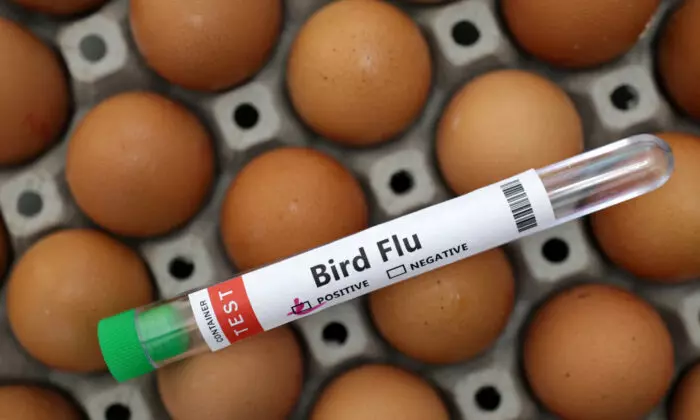The United States has imposed import restrictions on poultry, birds, and unprocessed avian products originating from or transiting through Victoria in response to recent bird flu outbreaks. This action follows the detection of HPAI (highly pathogenic avian influenza) in two separate farms within regional Victoria, resulting in the euthanasia of hundreds of thousands of birds.
In addition to these incidents, a human case of H5N1 bird flu was confirmed in a child returning from India to Victoria. In response to this situation, the U.S. Animal and Plant Health Inspection Service (APHIS) issued an import alert dating back to May 22nd, which will remain in effect until further notice for the State of Victoria.
According to APHIS, any importation of these items from or transiting through Victoria is prohibited due to the presence of HPAI in domestic birds within the state. However, processed avian products and byproducts from Victoria can still be imported as long as they are accompanied by a valid permit and adhere to all relevant regulations.
Both affected farms have now been placed under quarantine, with all poultry set to be disposed of and the sites cleared of infection. Restrictions on movement controls and housing requirements for birds within restricted areas and control zones are now in force in Meredith and Terang.
The Department has warned that penalties will apply to those who do not abide by these new restrictions, which aim to reduce direct contact between poultry and wild birds known to carry the disease without exhibiting symptoms. Housing birds within a building is suggested as an effective way to minimize this risk; however, if proper housing facilities are unavailable, efforts should be made to separate birds from their food and drink sources that may be frequented by infected wild birds.
Professor Sarah Berry, an avian influenza specialist at the University of Melbourne, explained that some strains of bird flu can be highly pathogenic (HPAI), while others are low in virulence (LPAI. She also noted that these viruses mutate rapidly, meaning LPAI could potentially develop into HPAI over time. As a result, robust surveillance and biosecurity measures are essential to control virus outbreaks effectively.
Professor Berry emphasized that chickens are particularly susceptible to bird flu, with entire flocks capable of being decimated within a single day by the HPAI strain. Bird flu strains can also infect humans, although limited transmission between humans exists. These viruses typically have different cell receptor binding properties for birds and mammals, but some possess dual binding capabilities that can enable human-to-human transmission in rare instances.
University of Queensland virologist Kirsty Short offered reassurance regarding the specific H7 virus strain identified on the affected Victorian farms, stating that it is not as concerning as the more widespread H5N1 strain found globally. Nonetheless, she urged constant vigilance and reporting of any sick or dying birds to appropriate authorities.
On May 22nd, Victoria’s Chief Health Officer Dr. Clare Looker announced the first Australian case of H5N1 in the state. However, this case was only detected after further testing on a child who had returned from overseas in March 2024.

